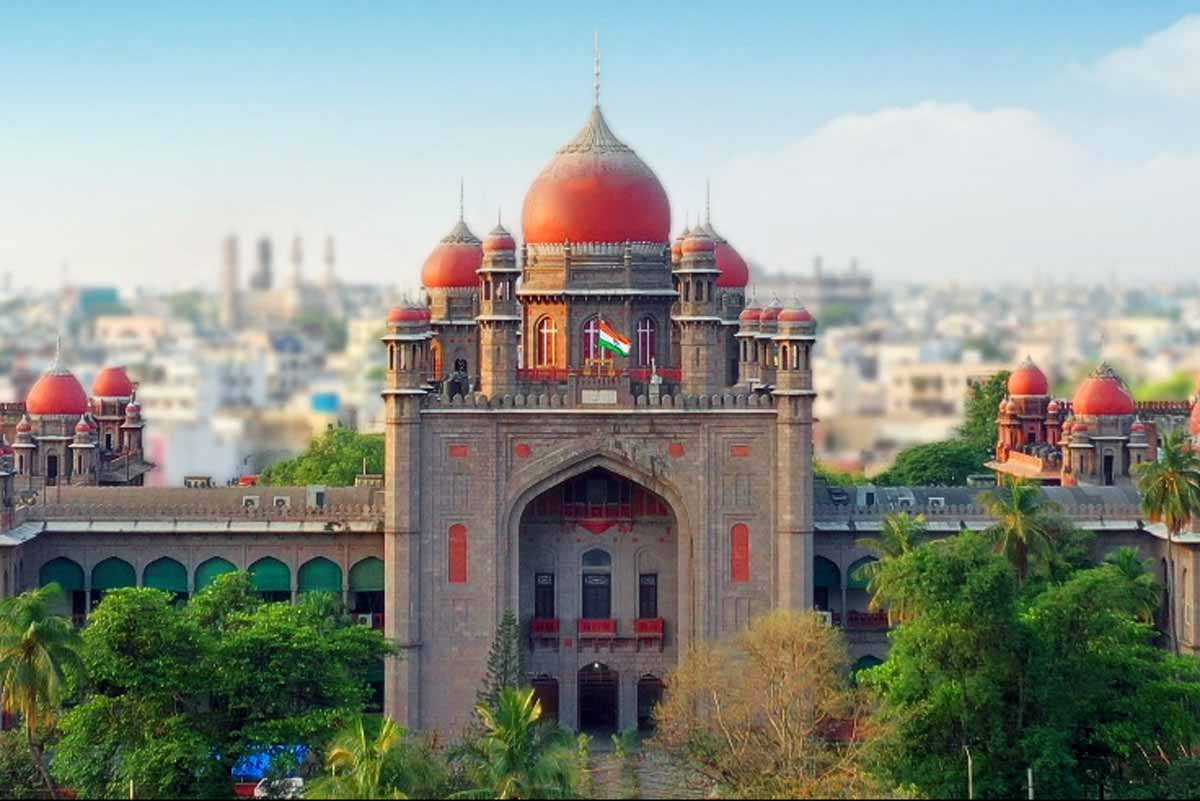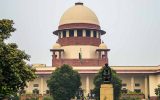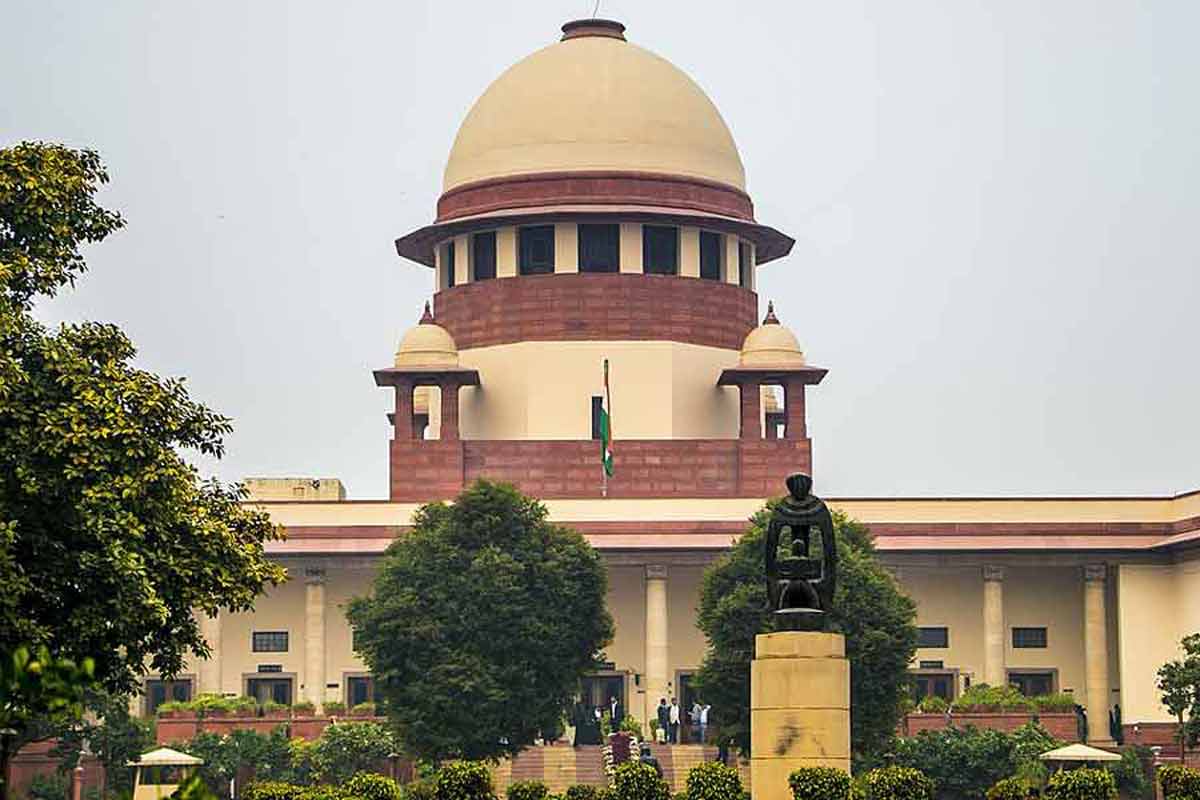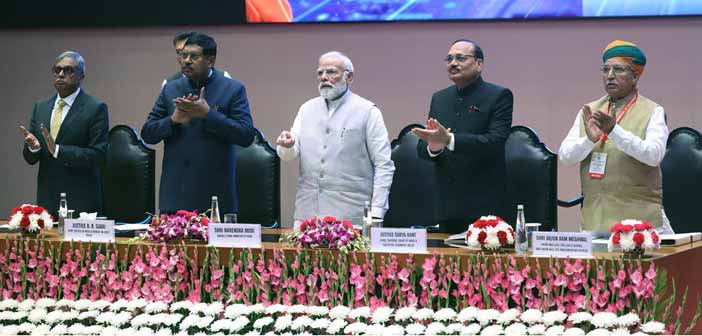Telangana HC Quashes Cases Against Tweets Criticizing Congress, Issues Guidelines for Handling Social Media Posts in Political Context: Hyderabad, September 11, 2025 — In a landmark ruling, the Telangana High Court on Wednesday quashed three criminal cases filed against an individual over critical tweets targeting the Chief Minister A. Revanth Reddy-led Congress government. The Court found the tweets, though sharp in tone, to be constitutionally protected political expression, reinforcing the fundamental right to free speech under Article 19(1)(a) of the Constitution.
The case revolves around tweets by an X (formerly Twitter) user, Nalla Balu (alias Durgam Shashidhar Goud), who criticized the Congress government in Telangana. The tweets, posted earlier this year, were deemed offensive by some, prompting the government to file criminal cases on charges including defamation, public mischief, and intentional insult. Goud had posted three tweets, one calling the Congress party a “scourge” and another accusing the government of mismanagement and corruption, while a third tweet allegedly contained vulgar content targeting Chief Minister Revanth Reddy.
READ: India-Singapore Defence Working Group Meets in Singapore to Strengthen Bilateral Ties
Court Finds Tweets Protected as Political Expression
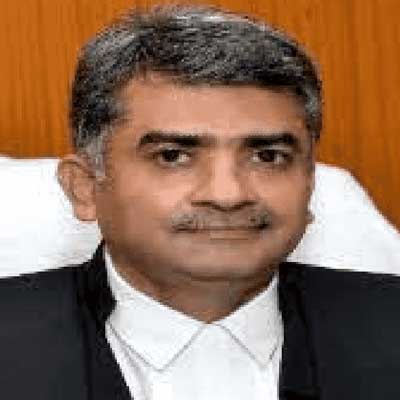
Justice N. Tukaramji, Telangana High Court.
Justice N. Tukaramji, in his ruling, stated that the tweets fell firmly within the realm of legitimate political criticism and did not meet the threshold for criminal offences. Referring to precedents set by the Supreme Court, Justice Tukaramji emphasized the high level of protection afforded to political speech, even if it was critical or satirical in nature.
“The impugned tweets, such as ‘Congress is the scourge…’ and ‘No Vision, No Mission…’ are plainly political criticism and satire, which do not amount to defamation or public mischief and are fully protected by Article 19(1)(a),” Justice Tukaramji noted in his judgment. Regarding the third tweet, which was alleged to be vulgar in nature, the Court ruled that such language, though inappropriate, could not be equated to defamation unless false factual imputations were made.
READ: Madras High Court Mandates Major Reforms to Tackle Decades of Delay in Criminal Trials
New Guidelines for Police and Courts
In light of the case, the Telangana High Court also issued a set of detailed guidelines for police officers and trial courts to follow when dealing with criminal complaints related to social media posts, particularly those targeting political leaders or parties. The guidelines aim to prevent the over-criminalization of political speech and to ensure that free expression is not stifled through frivolous or politically motivated complaints.
Key points from the Court’s guidelines include:
Verification of the Complainant’s Standing: Before registering an FIR for defamation or similar offences, police must verify that the complainant is a legitimate party to the case. Complaints from third parties without a direct connection to the alleged offence will not be entertained, unless they relate to a cognizable crime.
Preliminary Inquiry: The police must conduct a preliminary inquiry to ascertain whether there is prima facie material to support the alleged offence, before proceeding with the registration of a crime.
High Threshold for Political Offences: Cases involving political speech—whether regarding promotion of enmity, public mischief, or defamation—should not be registered unless there is clear evidence of incitement to violence, hatred, or public disorder, following the principles laid down in Kedar Nath Singh v. State of Bihar and Shreya Singhal v. Union of India.
Protection for Political Criticism: Police should not automatically register cases against individuals for making critical political speech unless there is incitement to violence or an imminent threat to public order. Constitutional protections for political expression must be upheld.
Defamation Cases: Since defamation is a non-cognizable offence, FIRs cannot be directly registered. Complainants must approach a magistrate first, and police action can only follow upon a magistrate’s order.
No Automatic Arrests: Police must adhere to the Supreme Court’s guidelines on arrest, particularly in non-cognizable cases like defamation, and should not make automatic arrests based on social media posts.
Prior Legal Opinion: In politically sensitive cases, police must seek prior legal advice from the public prosecutor before registering an FIR to ensure that the action is legally sound.
Frivolous or Politically Motivated Complaints: If a complaint is found to be frivolous or politically motivated, the police are instructed to close the case under Section 176(1) of the Bharatiya Nagarik Suraksha Sanhita (BNSS), citing insufficient grounds for investigation.
The Court’s decision to issue these guidelines comes in response to concerns about the misuse of legal provisions to target political speech, particularly in the context of social media, where criticism of government actions and leaders is a common practice.
READ: NISAR Satellite Marks Historic Milestone in U.S.-India Space Cooperation
Telangana High Court’s Rationale
The ruling emphasized the need to balance the right to free expression with the need to protect individuals from harm. While recognizing the potential for offensive or inappropriate language, Justice Tukaramji noted that political speech—especially in the context of governance—should be protected to ensure the health of democracy. “Criticism of political leaders and their policies must be viewed in the larger context of free speech,” he added.
The judgment is expected to have wide-reaching implications, especially in a digital age where social media platforms like X (Twitter) are increasingly becoming arenas for political debate and dissent.
READ: Juniper Green Energy Proposes Rs 3,000 Crore Initial Public Offering
Legal Representation
Advocate TV Ramana Rao appeared for the petitioner, Nalla Balu, while Public Prosecutor Palle Nageshwar Rao represented the Telangana state government. The Court’s ruling has been hailed by free speech advocates and legal experts as a significant step in safeguarding the constitutional right to express political opinions, while also setting a clear standard for handling such cases in the future.
With the guidelines in place, the Telangana High Court has sent a strong message to both law enforcement agencies and political entities about the importance of protecting democratic freedoms while preventing the misuse of legal tools for silencing dissent.
READ: CJI BR Gavai Cautions Law Students Against Foreign LLMs by Taking Heavy Loans


